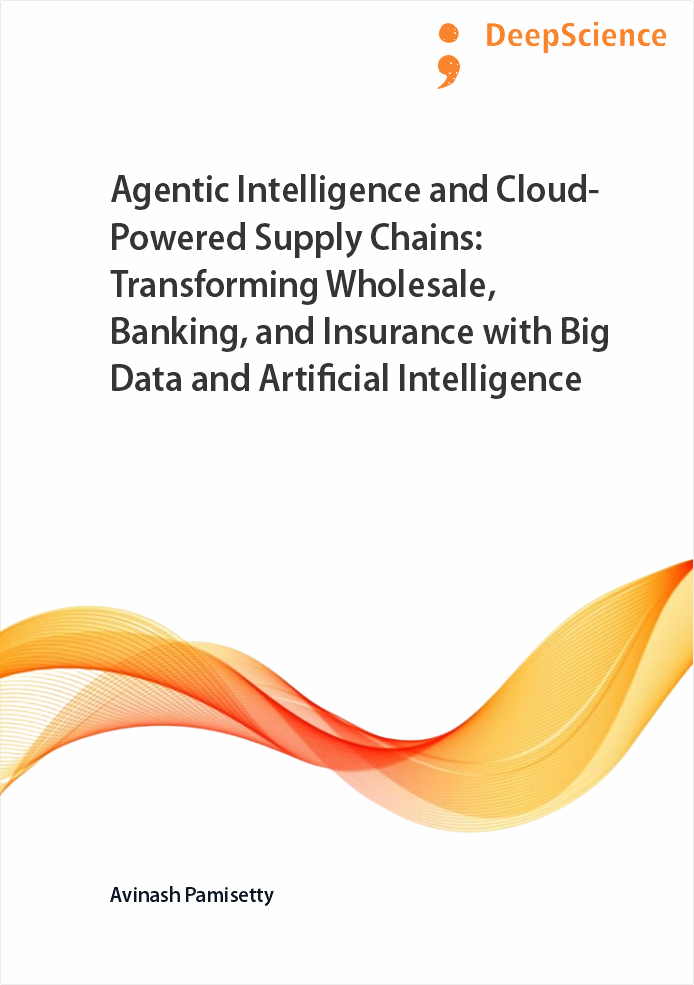Implementing agentic artificial intelligence to enable autonomous decision-making in enterprise operations
Synopsis
Intelligent Decision-Making (IDM) is a hot topic in the research frontier of artificial intelligence, as it holds the potential for substantial transformation of productivity and efficiency in different markets. As the efficacy of deep learning methods have improved dramatically, many academics believe that AI may help with high-dimensional data concerns too. As a result, many real-world decision-making issues may be reframed as prediction tasks and automated substantially. Though a significant number of methodologies and models have been developed for different applications of IDM, several weaknesses still exist. Broadly speaking, the literature on IDM addresses three key questions. How to formalize a decision-making model optimally, including states, actions, and decisions? How to properly implement a cognition model to address uncertainties? And how to train the model without heavily relying on human intervention?
All three questions are not straightforward to answer. Most of the past studies focus on the narrowest question, while few studies that focus on the broader question provide scant room for extension or “plug-in” after deployment. Besides, past multi-agent systems are too abstract, making it hard to construct any realistic IDM system. To address such issues, this paper aims to introduce an agentic artificial intelligence (AAI) model of IDM for autonomous decision-making in enterprise operations. Specifically, such a model consists of four parts: agent, cognition, AAI policy, and incentives. The agent, composed of a RL-maker and a decision-maker, formalizes behavioral decisions. The cognition enables AAI communication with outside decision-makers, model rationality, and uncertainty. The policy masters individual RL-makers and their internal mechanisms. The incentives reward cooperation and model profits.Ironically, with the advancement of much already acute questioning, fears of exponential runaway intelligence are vented far and wide, with ethical concerns already spiraling out of control with data-hungry applications being deployable without bandwidth limitations, on the one hand, and AI agents acting in an auto-mode on behalf of their human masters on the other. By and large, AI success in quasi-sentence, like modeling proper reasoning or creativity, would require a generalized understanding of how to devise models and mechanisms endowing agency, autonomy, self-interest, subjectivity, and ethics in tandem.












